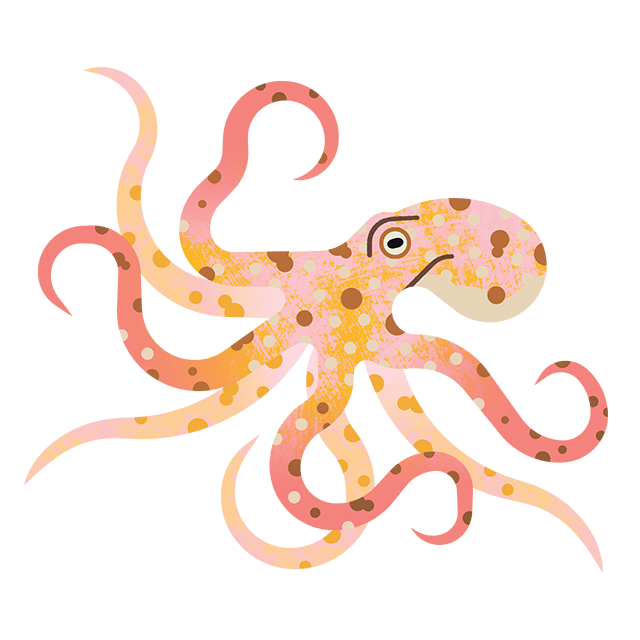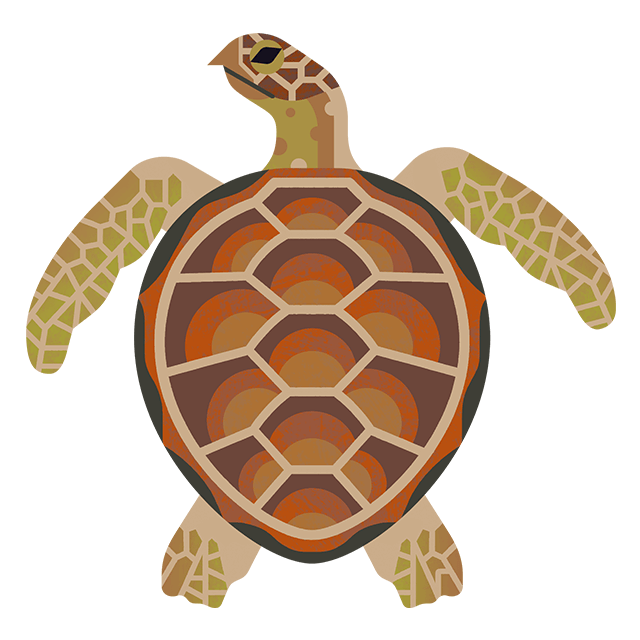
Seasearch Wales is protecting the Welsh coast through citizen science and volunteering
We're excited to announce that Seasearch Wales is more active than ever, thanks to support from the Welsh Government's Landfill Disposals Tax Communities Scheme, administered by WCVA.
This funding allows our citizen scientists and volunteers to dive deeper into the protection of Wales’ unique and diverse marine ecosystems.
Seasearch is a national citizen science project, coordinated by the Marine Conservation Society, where trained volunteers—both divers and snorkellers—survey and record marine habitats and species. The data they collect provides crucial insights into the health of marine environments, helping inform conservation efforts, policy decisions, and local management of these precious underwater ecosystems.
In Wales, Seasearch is focussed on surveying key regions, specifically those surrounding four landfill sites: Clive Hurt Plant Hire Ltd (covering Anglesey and North Wales), Gwynedd Skip and Plant Hire (North Wales and Anglesey), Thomas Brothers (Milford Haven and Pembroke Dock), and G. Davies Skip Hire (Port Talbot and Swansea suburbs). These regions represent critical coastal areas where marine ecosystems are both thriving and under threat from pollution, industrial activities, and climate change.

A close up of an edible crab
Credit: The Honest Diver
Thanks to this funding, volunteers are collecting crucial data from these specific regions with the aim of documenting species and habitats that are critical to Wales’ biodiversity, ensuring that conservation efforts target the areas most in need. The Seasearch Wales team are also active within the community to help foster a connection with the ocean. With events like educational talks, marine life ID training, seashore safaris and beach cleans, there's something for everyone. The ocean really does bring people together and these events aim to reduce feelings of isolation and loneliness within communities, improve wellbeing by getting in touch with nature and bring like-minded people together to do amazing things to protect their local marine habitats.
An insight into a recent Seasearch dive
In the video below, Seasearch Wales Coordinator, Matt, takes you on a narrated dive along the stunning coast of the Gower Peninsula. This area is renowned for its rocky reefs, wrecks and thriving marine life. Seasearch divers and snorkellers are not just enjoying the sights—they're also collecting important data that contributes to a better understanding of how these ecosystems are changing.
This is one of the many events made possible by the Landfill Disposals Tax Communities Scheme, which supports vital research and helps the Marine Conservation Society extend its Seasearch training, surveys, and community engagement across Wales, especially in the regions near our four targeted landfill sites.
Why Seasearch matters for Wales’ future
The health of our ocean is directly linked to the health of our communities and our economy. Wales’ coastal waters are home to habitats and species that play a critical role in supporting biodiversity and sustaining industries like fishing and tourism.
Seasearch Wales plays a pivotal role in these efforts. By involving local communities through hands-on science and education, people are empowered to take action in protecting their local marine environments. Through surveys, the Marine Conservation Society's Seasearch team gathers essential data on species such as the pink sea fan, honeycomb worms, and kelp forests, as well as non-native invasive species that threaten the balance of our ecosystems.
Thanks to this new funding, Seasearch Wales has been able to increase the number of surveys conducted in data-poor areas, ensuring that no corner of Wales’ marine environment goes unmonitored. This data will be shared with local authorities, policymakers, and conservation groups to help guide decisions on marine protection and sustainable development, contributing to the goal of protecting 30% of our seas by 2030.

A Seasearch diver collecting data on marine species
Credit: The Honest Diver
Thank you to our funders
The Marine Conservation Society would like to extend a huge thank you to the Welsh Government’s Landfill Disposals Tax Communities Scheme and WCVA for their continued support. Without this funding, the charity's expanded Seasearch activities and engagement across Wales—especially around the four landfill sites—would not be possible. By working together, we can protect Wales’ marine ecosystems for generations to come.




